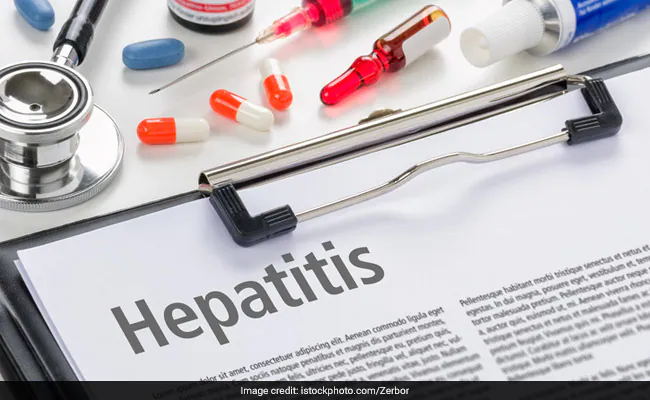News
FG: 91 million people living with hepatitis B and C in Africa

Coordinating Minister of Health and Social Welfare, Prof. Muhammad Ali Pate, says a total of 91 million people are living with chronic hepatitis in Africa.
He said there are 82 million people living with chronic hepatitis B (CHB) while nine million people live with chronic hepatitis C (CHC) infection.
He made the disclosure during the African Hepatitis Summit in Abuja. The theme of the summit is ‘Putting Africa on track towards viral hepatitis elimination.’
Represented by the Permanent Secretary, Kachollom Daju, he said the staggering figures are further exacerbated by the fact that only 0.1% of 2% diagnosed with CHB and 0% of 5% diagnosed with CHC received treatment in the year 2020.
The minister said despite a 90% risk of children acquiring CHB from mother-to-child transmission, only 14 out of 47 African countries have introduced routine HepB-BD vaccination, and merely 17% of newborns in Africa have received a timely HepB-BD vaccination despite it being recognized as a cost-effective tool to prevent new infections.
He said, “Indeed, it is high time Africa nations intensify efforts to increase immunization coverage .With the availability of affordable Directly Acting Anti-viral (DAAs) drugs for curing HCV and Tenofovir for treating HBV, African countries are strategically poised to overcome barriers to treatment however the high cost of treatment which is often paid out-of-pocket continues to create a barrier to assess. It is high time African Nations collaborate to advocate for local production. We must also explore that health insurance are optimized.”
He said Nigeria is unreservedly committed to achieving control of hepatitis towards elimination, adding that this obligation is manifested through the continuous strengthening of primary healthcare system, public awareness campaigns, inclusion of hepatitis in the minimum package for national health insurance, capacity building of healthcare providers, and integration into HIV.
The World Health Organization (WHO) Nigeria Representative, Dr. Walter Kazadi Mulombo, said there was need to include viral hepatitis testing and treatment interventions as an essential package of health services delivered to individuals of all ages.
Homie Razavi of the Center for Disease Analysis Foundation, Colorado, United States of America, said elimination of viral hepatitis in Africa is feasible and highly cost effective. He said a hybrid strategy where countries cover some costs and patients cover other costs has the highest likelihood of success.
Speaking on behalf of awardees at the summit, Governor of Nasarawa State, Engineer Abdullahi Sule, said the state was able to make positive impact in the health sector because of its determination, commitment, leadership and efforts to eliminate hepatitis and other diseases.

